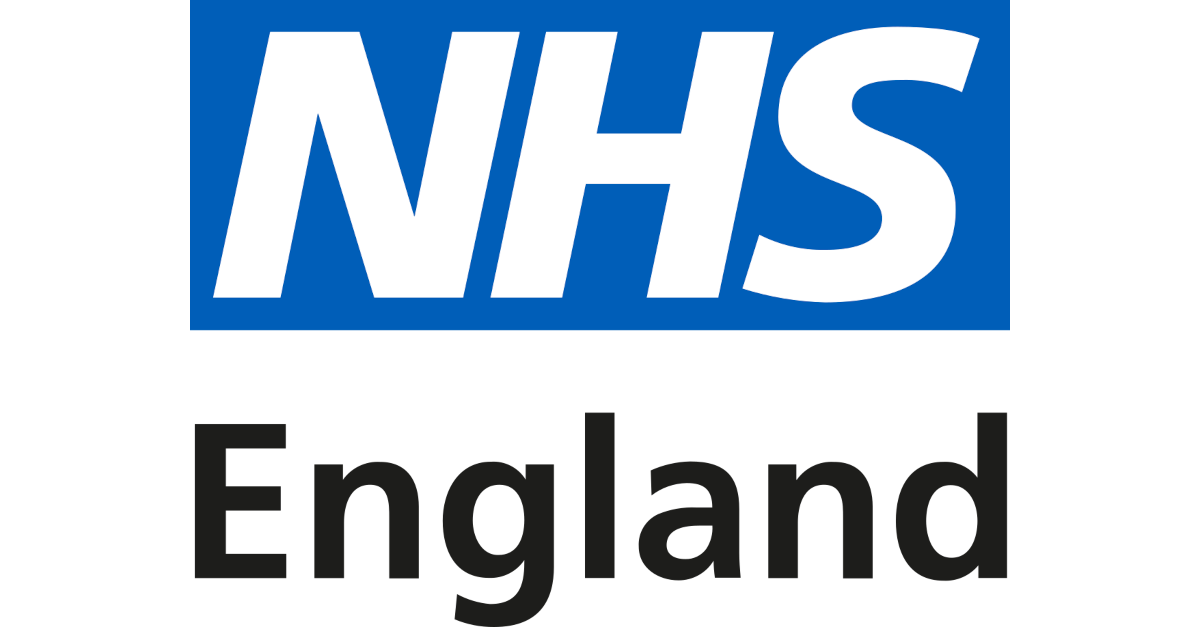Hi All,
25/08/2021 - Link:
https://www.england.nhs.uk/diabetes/treatment-care/low-calorie-diets/ - Includes links at the bottom to DiRECT Year 1, DiRECT Year 2 & DROPLET Trials
😉
25/08/2021 - Link:
https://oviva.com/uk/en/programme/diabetes-remission/#join - This explains the programme specific to Oviva
Hope everyone is safe & well!
Copied from my post from the newbie section, and thought it would be better to re-post into the weight loss section...
Just joined the forum after being diagnosed with type 2 in 2018...found this forum and have been hooked ever since! - some really interesting views and advise, and great to read so many people's positive comments...
This disease is so complicated! - The last 3 years have been a rollercoaster, and I'm sure there's more to come...
Initial Type 2 Diagnosis HbA1c 88 in 2018, immediately bought a blood glucose monitor to see what foods would set me off, 3 months later 52, then hovering between 45 (once) to 47-48 every blood test...Metformin max dose all the way through - 2000mg
So finally took the plunge further to get onto the NHS Low Calorie Diet Diabetes Remission Programme provided by Oviva...which I pushed my DN for...
First HbA1c since being on the shakes - 42 without Metformin...Fasting Blood Glucose mainly around 4.2 daily - some slighlty slower, some slightly higher, but good all round...
Initial start weight 77.5Kg - 5ft 4" - The NHS program is provided by Oviva - I was told target weight was 62.5Kg - what?!! - there'll be nothing left of me I said! - In hindsight - there's still plenty of me left...!
10 weeks in and managed to lose 11Kg (Weight now at 66.5Kg), 2 weeks to go on full TDR, and feeling ok about things generally - It's not easy though...!
Bought Roy Taylor's book 'Life Without Diabetes' - such an interesting read
Hardest part to come I think - food re-introduction and food maintenance...lets see...
One thing for sure though, this forum has helped me immensely, thank you!

 www.england.nhs.uk
www.england.nhs.uk


